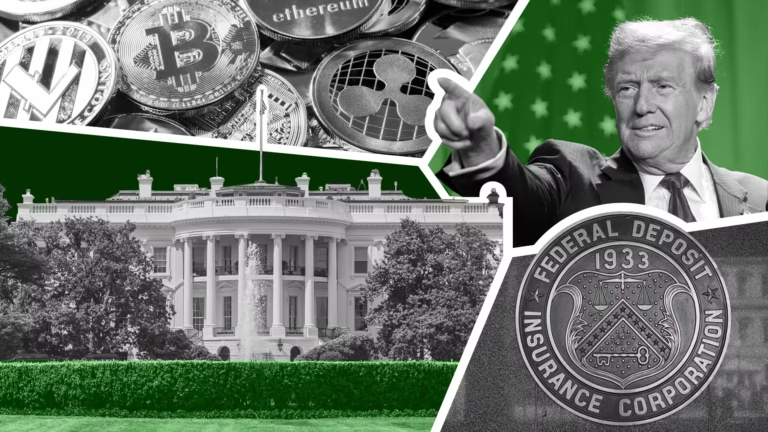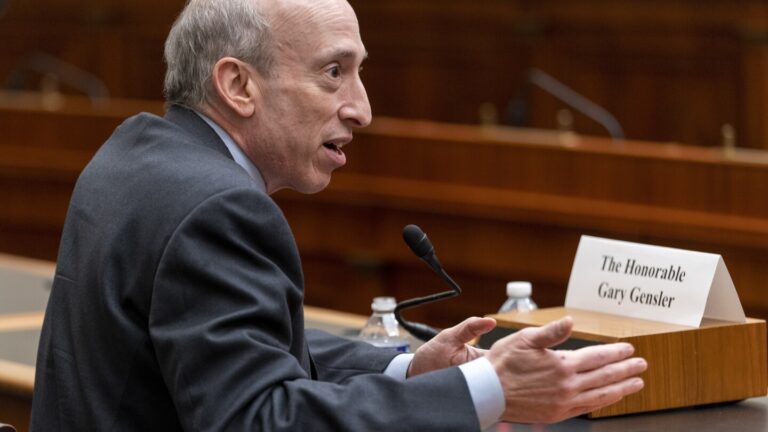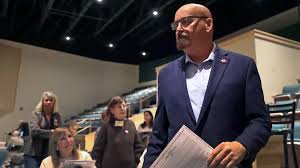Hook: Imagine a world where banks suddenly refuse to work with your favorite crypto apps or services. No explanation, no warning—just closed accounts and frozen progress. Welcome to the chilling reality of “Operation Chokepoint 2.0,” a covert effort to crush the crypto industry, as revealed by Ripple’s CTO, David Schwartz.
What’s the Buzz About?
David Schwartz, the chief technical officer (CTO) of Ripple, is raising the alarm about how governments are quietly targeting the cryptocurrency industry. In an indirect and sneaky way, they’re pressuring banks to cut ties with crypto companies instead of openly creating laws to ban them. This practice, called “indirect regulation,” may sound boring, but it’s a huge deal—and a dangerous one.
The issue ties to Operation Chokepoint 2.0, a campaign where the U.S. government allegedly pushed banks to stop working with crypto companies. Many tech and crypto leaders are speaking out, saying this tactic undermines the rights and freedoms that democracy is built on.
What Is Indirect Regulation?
Schwartz described this as the government avoiding the hard (and legal) work of making new laws. Instead of passing regulations through proper processes, they pressure banks and financial institutions to silently shut down services to crypto companies.
Why does this matter?
- Freedom at Risk: Imagine being banned from banking just because the government doesn’t like your business or ideas.
- No Due Process: Companies are punished without a fair trial or proper evidence.
- Evading Surveillance: When companies are cut off from banking, they don’t disappear—they move underground. This means less transparency and more risk of shady activities.
- Economic Innovation Stifled: Cutting off crypto businesses from banks slows down technological and economic progress.
Schwartz summed it up: It’s easier to bully banks into punishing crypto than to openly make crypto illegal. But it’s also wrong.
The Bigger Picture
- Marc Andreessen’s Bombshell: A prominent venture capitalist shared that over 30 tech companies faced this silent attack.
- Crypto Leaders Speaking Out: Figures like Brian Armstrong (Coinbase) and Sam Kazemian (Frax Finance) revealed personal experiences of being “debanked.”
- Destruction of Silvergate Bank: Nic Carter alleged that the U.S. government deliberately targeted Silvergate Bank—a crucial institution for crypto—leading to its collapse.
Why Should You Care?
- Key Words to Remember: Indirect Regulation, Operation Chokepoint 2.0, Debanking, Freedom of Speech, Due Process.
- Your Rights: This isn’t just about crypto. It’s about governments quietly undermining freedoms—speech, innovation, and fairness.
- Your Future: As someone interested in crypto, this battle will shape the industry’s survival and innovation. If governments succeed in their indirect attacks, the dream of decentralized finance could crumble.
Steps to Build Your Knowledge
- Understand the Problem: Read about how governments regulate industries, both directly (laws) and indirectly (pressure tactics).
- Learn the History: Research Operation Chokepoint 1.0 to see how similar tactics were used in other industries.
- Follow the Leaders: Stay updated on crypto leaders like David Schwartz, Brian Armstrong, and Marc Andreessen, who are exposing these issues.
- Stay Informed: Dive into how crypto interacts with traditional banking systems.
- Spread Awareness: Share what you learn to challenge unfair practices and protect innovation.
The Takeaway
This isn’t just a crypto story; it’s a fight for fair treatment and transparency in regulation. If crypto is to thrive, the industry and its supporters must demand accountability and lawful practices. The government’s covert actions may seem small, but they have massive implications for the future of technology, finance, and freedom itself.



